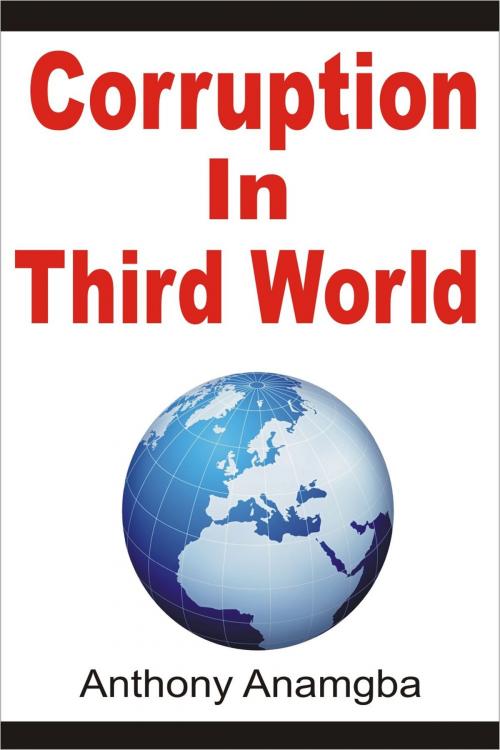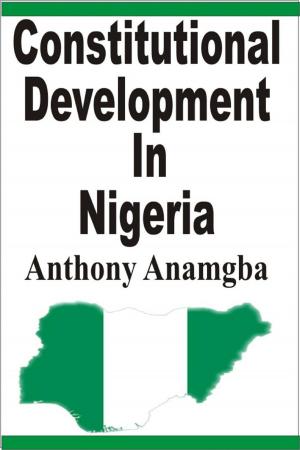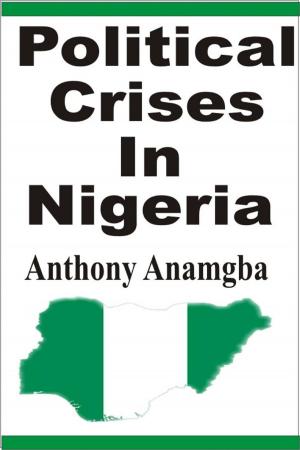| Author: | Anthony Anamgba | ISBN: | 9781370884629 |
| Publisher: | Anthony Anamgba | Publication: | May 24, 2017 |
| Imprint: | Smashwords Edition | Language: | English |
| Author: | Anthony Anamgba |
| ISBN: | 9781370884629 |
| Publisher: | Anthony Anamgba |
| Publication: | May 24, 2017 |
| Imprint: | Smashwords Edition |
| Language: | English |
Corruption is any misuse of power by public servants for private gain. Corruption includes vices like the deliberate inflation of contract costs, bribery, fraud and embezzlement. This book identifies the States that are severely plagued by corruption. It clearly explains the different forms that corruption can take. They include bribery, embezzlement, blackmail, nepotism and political patronage. It analyzes the causes of corruption in the third world. They include poverty, poor education, poor remuneration, unemployment, avarice and weak government. It appraises the effects of corruption on the third world. They include low moral standard, poor educational standard, less development, less foreign direct investment, less foreign loans and little donations. It lays emphasis on the solutions to corruption. It offers several strategies that can be used to conquer corruption in the third world. It throws light on how to reduce corruption to a barest minimum. And it remains to be seen if we can have the desire to apply ourselves to this end.
Corruption is any misuse of power by public servants for private gain. Corruption includes vices like the deliberate inflation of contract costs, bribery, fraud and embezzlement. This book identifies the States that are severely plagued by corruption. It clearly explains the different forms that corruption can take. They include bribery, embezzlement, blackmail, nepotism and political patronage. It analyzes the causes of corruption in the third world. They include poverty, poor education, poor remuneration, unemployment, avarice and weak government. It appraises the effects of corruption on the third world. They include low moral standard, poor educational standard, less development, less foreign direct investment, less foreign loans and little donations. It lays emphasis on the solutions to corruption. It offers several strategies that can be used to conquer corruption in the third world. It throws light on how to reduce corruption to a barest minimum. And it remains to be seen if we can have the desire to apply ourselves to this end.















